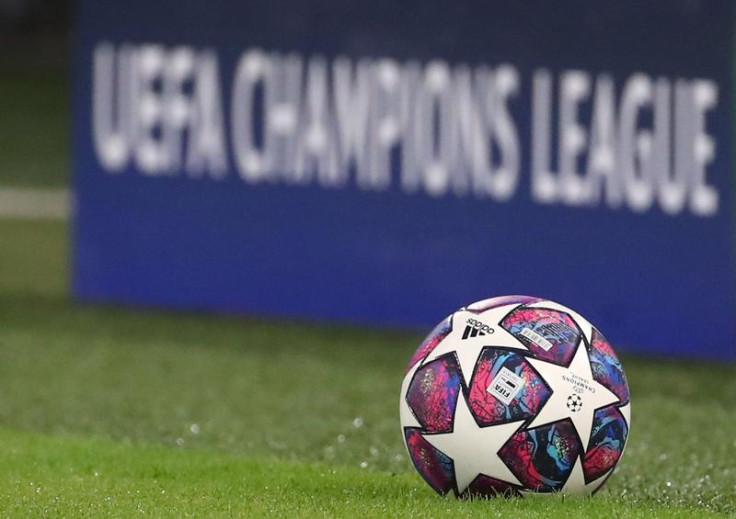This Season's Champions League Will Be the Last of Its Kind With a New Format Arriving
Football fans rejoicing about the return of the Champions League will need to get adjusted to new procedures from next season.

This week marks the return of the UEFA Champions League as the group stages are set to get underway with fixtures across Tuesday and Wednesday.
Those familiar with club football's biggest and most prestigious competition will be aware that 32 teams enter the group stages and are allocated across eight groups consisting of four teams.
Each side plays the other teams in its group twice, home and away, with the top two teams from each group advancing to the knock-out stages of the competition where an eventual winner will be found from that crop of 16 teams.
This has been the format of the Champions League since 2003, but matters are set to change dramatically from next season onwards as a new format is set to be introduced. The new arrangement for the Champions League will see 36 teams enter the group stage into one large group.
Each side will play a total of eight games in the group stage, with four being played at home and four away from home and all eight matches will be contested against different teams. There will still be four different pot groups prior to the group stage fixtures being announced, and each team's eight fixtures will consist of two games against teams in its own pot and two games against sides from the other three pots.
Pots determine the seedings of the clubs. Previously, the first pot contained the current holders of the Champions League and the Europa League, as well as the current domestic champions of the top European leagues.
However, the new format's pot procedure will not prioritise the top domestic league champions or Europa League holders. Instead, it will just include the Champions League holders and the eight best clubs in terms of coefficient rankings. This is likely to still include the domestic league winners of the top leagues as those are among the best coefficient clubs.
Playing against teams from the same pot marks one of the major changes to the new format of the Champions League from next season. Until now, the group stage was made up of one team from each pot, but this new structure will now allow for teams in the same pot to face off against one another in the group stage.
The top eight sides will qualify for the knockout stages and secure a place in the round-of-16 stage. The teams that finish from ninth to 24th will have a chance to make the knockouts by competing in a two-legged play-off round, whilst the teams that finish 25th and below will be completely knocked out of Europe.
Usually, four clubs from a domestic league qualify for the Champions League. However, the increase in teams for the group stage will allow for there to be a fifth club from a domestic league to qualify if a country's teams performed well in Europe the previous campaign.
The new format will remain the same, whereby, it will not allow for teams of the same domestic league to face each other in the group stage. However, if one nation has five representatives in the group stage, then there is a probable chance that those league's teams play one match against opponents from the same domestic league.
The new format will bring much more action to supporters as the bigger group stage and play-off round for the knock-out stages means the number of games will massively increase from 125 to 189. The group stage will now conclude in January during the football season, as opposed to usually wrapping up in December.
The increased number of matches is sure to drum up conversations on the welfare of players and the large amount of playing time they will be expected to hold up to. In what is an already stacked football calendar, some may not welcome the new structure, and it will be curious to witness how managers and players will adapt to the new Champions League setup.
The second and third-tier European competitions, the Europa League and Conference League will also follow the Champions League in adopting this new format from next season.
© Copyright IBTimes 2025. All rights reserved.






















